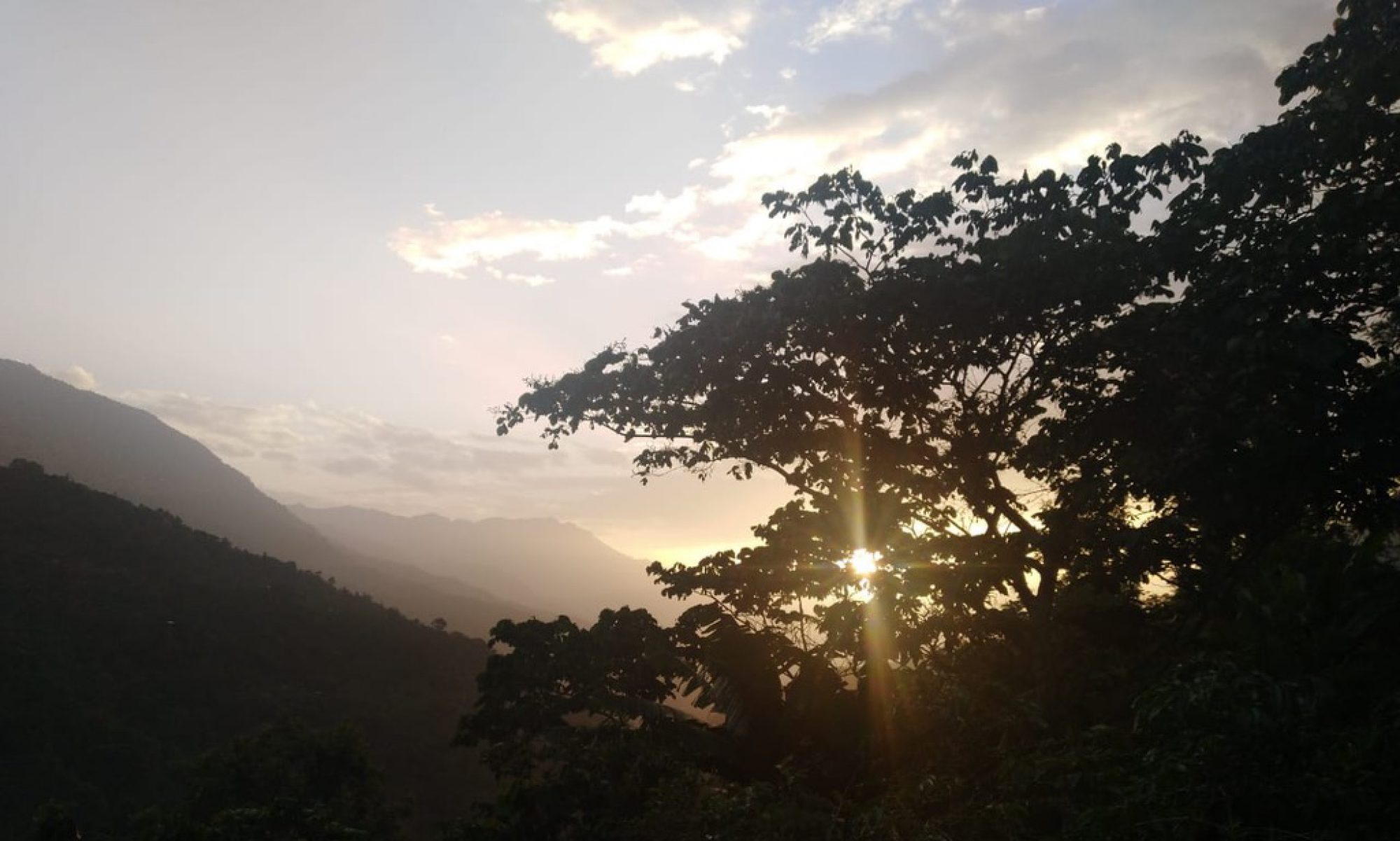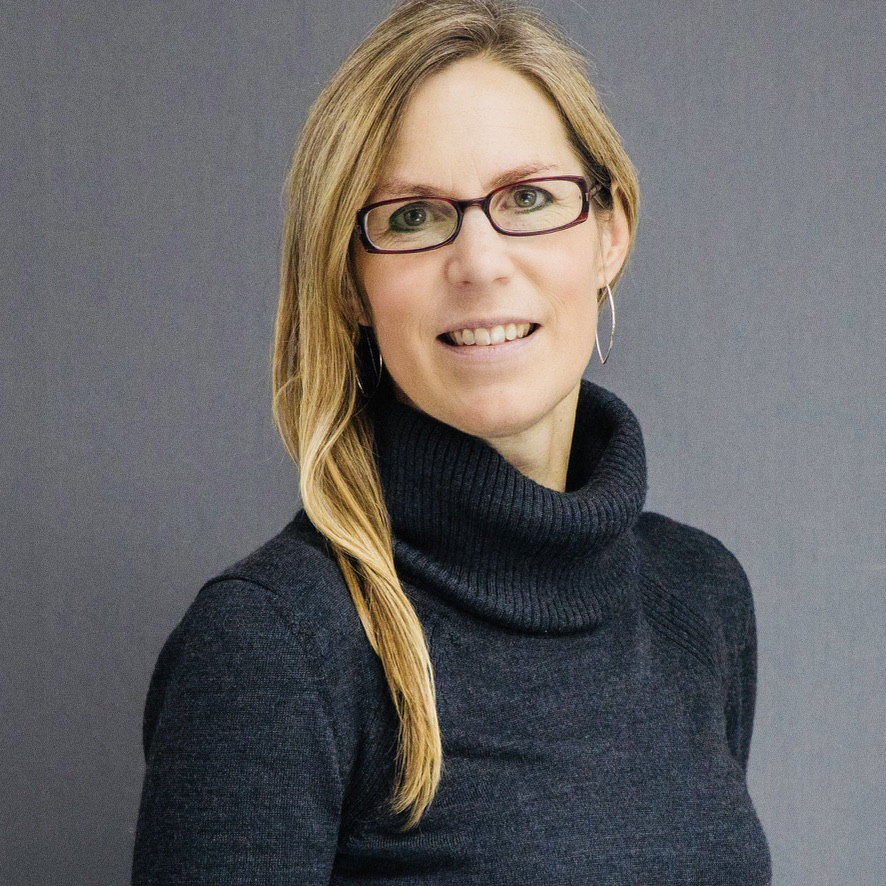I support greater climate action through research, consulting, and coaching on climate change communications that are connected with what is most meaningful to people.
I do social science research on what climate change means to people—from within their own sense of identity, values and worldviews—so to better support public engagement with climate change. The technologies for developing low-carbon societies are no longer the main barriers to climate action. Rather, the social fragmentation on the climate issue can lead to backlash for climate policies and insufficient public support for climate action. I study these human dimensions of the climate challenge. I have also facilitated deliberative dialogues across positions and perspectives in polarized social spaces on the climate issue. Despite what appear to be stark differences, often the values and worldviews shaping climate perceptions are shared. Research on these deeper human dimensions is important for overcoming polarization and building shared visions for the future. Whether it is with a global supply chain, with a city climate action plan, or in the economy writ large, climate action pathways that work for everyone are needed.
This website shares current publications and research, ongoing projects, and consulting services. Get in contact; I am always looking for good ideas, new perspectives, and more collaborators to further effective climate action.
Photo credit: Eugene Pustoshkin

